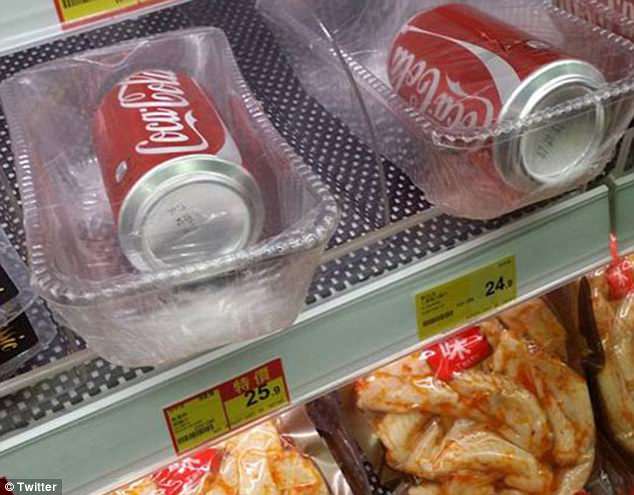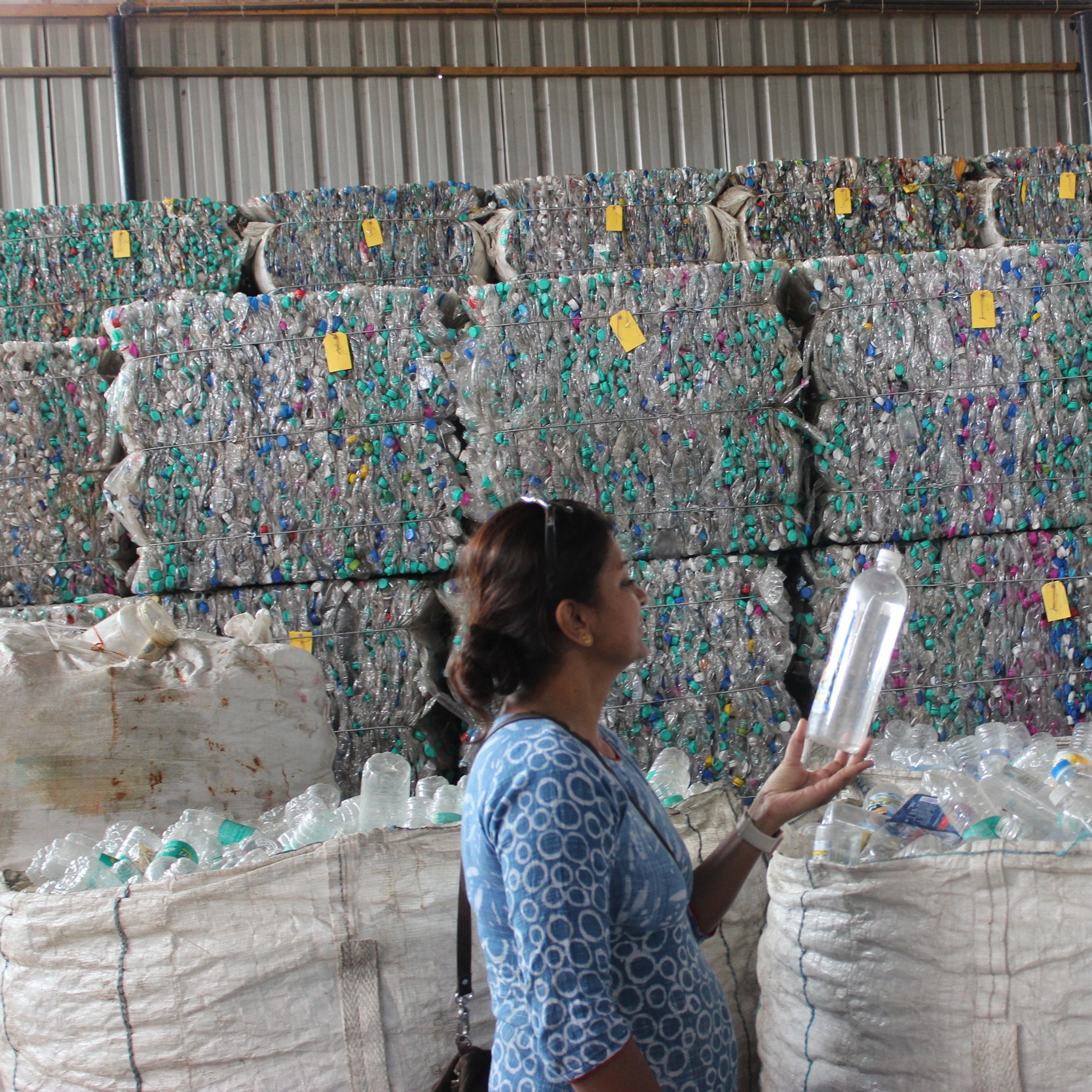8 Award Winners Celebrated at ZSL London Zoo, Sharing In Prizes Totalling $530,000.
Plastics for Change winners of Unilever-Acumen Social Innovation Challenge on Plastics
New study finds US consumers are more concerned about ocean plastic than climate change
Why is black plastic not recycled in Canada?
Do people eat a 'credit card' size worth of plastic each week?
Launching The World’s First Fair Trade Plastic With Brand Partner The Body Shop
5 New Year’s resolutions to reduce plastic pollution: Be part of the change.
Last year, our newspapers and news feeds were filled with plastic pollution. With images of straws up the noses of turtles, kilograms of plastic in the stomachs of whales washed up on the beach and a projection of more plastic in the ocean than fish by 2050 – it’s no wonder we are asking ourselves what needs to change.
With the New Year rolling in, it is the perfect time to start thinking about what more can be done to reduce the amount of plastic that ends up back in landfill, or worse in our shared oceans. Here are 5 small ways that can make a big impact on reducing plastic:
1) BYO!
Plastic shopping bags, takeaway coffee cups and straws are easy items to ditch. Next time you go shopping, take your own shopping bag with you. The same applies for takeaway coffee and food. There are so many options on the market for reusable coffee cups and cutlery, so you can have some fun with it. Easily cleanable metal straws are available too, so definitely worth a try. It might feel strange at first, but taking your own containers to buy work lunch is a really good way of reducing plastic.
2) Say no to products with over-packaging
When doing grocery shopping be sure to avoid unnecessary plastic wrapping. This kind of packaging is most obvious when found on fruit and vegetables. If you prefer to still use a light plastic bag to group your fruit and vegetables, then you can reuse the same bags each time.
3) Reduce, reuse and recycle, recycle, recycle!
Photo featuring Plastics For Change, ethically-sourced plastic, find out more.
Even though many items are recyclable there is a bulk of plastic matter that still ends up in landfill. To reduce the amount of plastic that ends up back in the environment, familiarise yourself with your local recycling facilities and the items that are and aren’t recyclable.
4) Make your own
Packaging of cosmetic items is an enormous culprit for plastic waste. A fun way to reduce plastic is to make your own! Not only is this better for the environment, it can be better for you. There are so many natural and easy to make recipes for face masks and shampoos, so why not give one a go!
5) Get talking!
The best thing about talking about reducing plastic is it gets people thinking about their actions. Encourage your favourite brands to use recycled plastic in their products. Plastics For Change provides high-quality, ethically sourced plastic to brands - so asking for this in your shampoo or water bottles, makes a huge difference. Each aggregate action we choose makes an impact, so the more people we have on board, the bigger the difference we can make.
Scroll down and join our mailing list. Be part of the change.
Written By Jessica Goldstein, guest-writer and plastic activist.
Recycle 100KG of plastic for your Christmas gift this year!
How can Extended Producer Responsibility (EPR) become a reality in the informal recycling economy?
India is believed to generate 25,00 tonnes of plastic waste every day. So much that plastic is entering the food chain. This can alter human hormones and cause life-threatening diseases. Thus, it is imperative for governments to step up and enforce laws to combat this crisis. In 2016 Extended Producer Responsibility (EPR) was introduced into the Plastic Waste Management Rules, 2016. Companies are now at risk of losing their manufacturing license unless they comply with the new laws. Yet with India’s volatile waste management economy, how can these laws become a reality?
Four human benefits of using waste management to stop ocean plastic
To mitigate the ocean plastic crisis we must move towards proper waste management. Every lever should work effectively from reduction to reuse to innovation. When the core elements of waste management are met, a huge leap towards a clean ocean will be made and human life will be improved in the process.





































